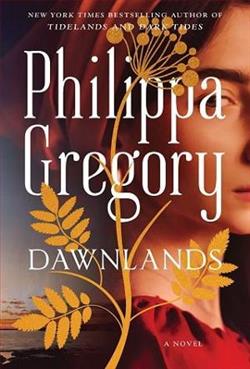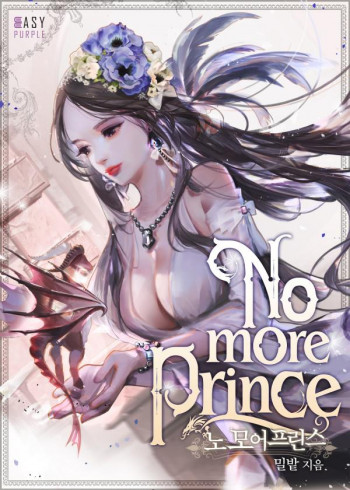Dawnlands, the latest installment in Philippa Gregory's historical fiction saga, plunges readers into the tumultuous period of 1685 England, a time rife with political intrigue, familial loyalty, and the quest for power. Gregory, known for her meticulous research and vivid storytelling, continues to explore the lives of the Ferryman family against the backdrop of a nation on the brink of civil war. This third volume in the series is not just a continuation of the story; it is a profound exploration of the human spirit in the face of societal upheaval.
The narrative begins with the death of King Charles II, setting the stage for a divided England as his brother James ascends the throne. Gregory expertly captures the tension of the era, where allegiances are tested, and the populace is polarized. The blurb introduces us to key characters, including Ned Ferryman, who returns from America with his Pokanoket servant, Rowan, and Alinor, his sister, who is caught in a web of manipulation by the ambitious Livia. The stakes are high, as Alinor and her daughter Alys are drawn into a dangerous plan to save the queen, promising life-altering rewards that could restore their family's status.
One of the most compelling themes in Dawnlands is the struggle for agency and power, particularly for women in a patriarchal society. Alinor's journey is emblematic of this struggle. Once viewed as lower than a servant, she is now presented with the opportunity to reclaim her power and influence. Gregory’s portrayal of Alinor is nuanced; she is a character who embodies resilience and determination. Her internal conflict—balancing familial loyalty with her desire for autonomy—resonates deeply, making her a relatable figure in a historical context that often sidelines women's voices.
In contrast, Ned Ferryman's character arc reflects the complexities of loyalty and the moral dilemmas faced by those who choose to engage in rebellion. His decision to join the rebel army, despite his sister's objections, highlights the rift between personal convictions and familial bonds. Gregory deftly illustrates how the characters' choices are influenced by their circumstances, creating a rich tapestry of motivations that drive the narrative forward.
The character of Livia serves as a fascinating antagonist, embodying the manipulative forces at play in the court. Her schemes to create an imposter Prince of Wales add a layer of intrigue and suspense to the plot. Livia's ambition and cunning contrast sharply with the more grounded aspirations of Alinor and her family, showcasing the varying degrees of morality in the pursuit of power. Gregory's ability to craft multifaceted characters ensures that readers are invested in their fates, as each character grapples with their own desires and the consequences of their actions.
Gregory's prose is both lyrical and evocative, painting vivid images of the historical setting. From the desolate Somerset Levels to the hidden caves of Barbados, the author immerses readers in the sights and sounds of the 17th century. The detailed descriptions not only serve to enhance the narrative but also reflect the broader themes of exploration and discovery. As the characters traverse different landscapes, they are not only seeking physical refuge but also grappling with their identities in a rapidly changing world.
Another significant theme in Dawnlands is the exploration of colonialism and its implications. Through Rowan, the Pokanoket servant, Gregory introduces a perspective that is often overlooked in historical narratives. Rowan's presence serves as a reminder of the complexities of power dynamics and the impact of colonial expansion on indigenous populations. This layer of the story adds depth and invites readers to reflect on the moral implications of the characters' actions within the broader context of empire.
As the plot unfolds, the tension escalates, leading to a gripping climax that challenges the characters' loyalties and convictions. Gregory masterfully weaves together the personal and political, illustrating how the two are inextricably linked. The stakes are not just about survival but also about the legacy that the characters will leave behind. The resolution of the story is both satisfying and thought-provoking, leaving readers to ponder the implications of the choices made by the Ferryman family.
In comparison to other historical fiction works, such as those by Hilary Mantel or Ken Follett, Gregory's approach is distinctly character-driven. While Mantel's Wolf Hall delves into the intricacies of political maneuvering with a focus on Thomas Cromwell, Gregory's narrative is more intimate, emphasizing the personal struggles of her characters against the backdrop of historical events. Similarly, Follett's epic tales often span generations and continents, but Gregory's focus on a single family allows for a deeper exploration of individual motivations and relationships.
Overall, Dawnlands is a powerful addition to Philippa Gregory's oeuvre, blending rich historical detail with compelling character development. The themes of power, agency, and the complexities of human relationships resonate throughout the narrative, making it a thought-provoking read. Gregory's ability to create relatable characters within a historical framework ensures that readers are not only entertained but also engaged in a dialogue about the past and its relevance to the present.
For those who appreciate historical fiction that delves into the intricacies of human nature and societal change, Dawnlands is a must-read. It invites readers to reflect on the enduring struggles for power and identity, making it a poignant exploration of a world on the brink of transformation.
























Reviews 0
Post a Reviews: